Caramel comes in a variety of different forms and flavours, from butter caramel, to the quintessential salted-caramel that Australians have become so fond of in recent years. It can be tricky to craft a flawless caramel, but when done right, it can provide a host of complex flavours and innovative approaches to cooking that you might not have considered. So why and how should you use it?
HospitalityHub: What elements do you think are important in crafting the perfect caramel?
Rémi Tremsal: First and foremost, the use of good quality ingredients is paramount. Caramels should consist of only natural flavours, with absolutely no artificial colours or preservatives.
The process of making caramel is delicate at best. It requires patience and a 'knowing hand;' avert your attention for just a few seconds and it can easily become burnt. You really need to be patient and you can't take short cuts.
Are there any culinary uses for caramel that we might not have thought of?
There are so many! It's such a beautiful flavour that can be paired with many savoury notes. My personal favourite at home is with blue cheese and goats cheese. It's also amazing when added at the end of cooking lamb cutlets or duck breast.
My first ever use of salted caramel in a savoury dish was with Dutch carrots; a spoonful was added just before serving. Not telling my guests about it was great fun and the result was fantastic.
What advantages can one expect from purchasing salted caramels that use Guérande fleur de sel rather than other salts?
Fleur de sel is traditionally collected in Guérande, off the coast of Brittany, France. It has a very delicate flavour that is full of moisture. It has a particular taste and texture due to the way it is harvested and kept. Only small quantities are ever harvested at one time, and these quantities are harvested by hand - only the youngest crystals are ever picked.
It's unwashed, unrefined and preservative and additive free. It hasn't been altered in any way and keeps its natural flavour. I personally think that fleur de sel has an almost 'marine flavour' that no other salt can provide.
How can caramel be used in beverages?
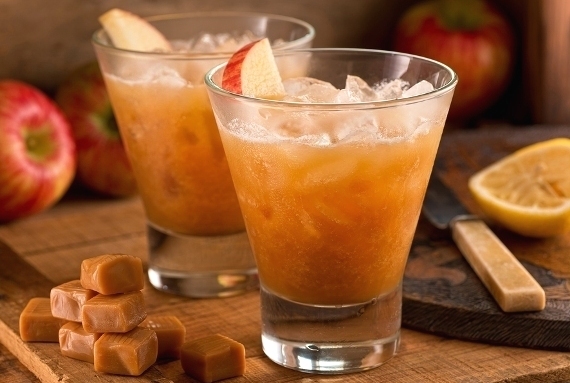
It can be used in so many ways. You can add caramels to both hot and cold coffees - salted butter caramel added to coffee gives a really nice flavour. It can be added to milkshakes, smoothies, chai lattes, hot chocolates or simply just to hot milk. It can even be used in cocktails, like salted caramel espresso martinis and apple cider and caramel martinis. Its uses are incredibly diverse.
Everyone knows what caramel is, but a good quality caramel brings it to a whole other level. It has such a unique yet recognisable flavour, and if you use it in surprising and non-obvious ways, it can really help you to give your dishes and beverages that added edge.
What are the differences between a quality caramel and one at the lower end of the range?
A good salted butter caramel shouldn't be too sweet, and it shouldn't be too salty either. A lot of caramel producers tend to hit either end of the spectrum; you don't want it to be sickening. When eating a salted caramel, you should be able to taste each ingredient, but it shouldn't be overpowering. Finding the perfect balance is what makes the caramel more versatile.
We come across many salted caramels that have a grainy texture or separation of ingredients. Texture is obviously really important, and a superior caramel should be both soft and smooth. In order to get these components right and produce a good quality caramel, you need to utilise natural ingredients and flavours; it's these elements that provide better taste and texture than artificial additives.


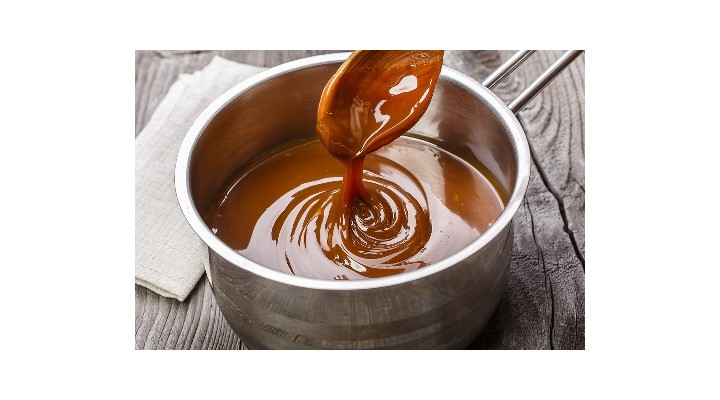
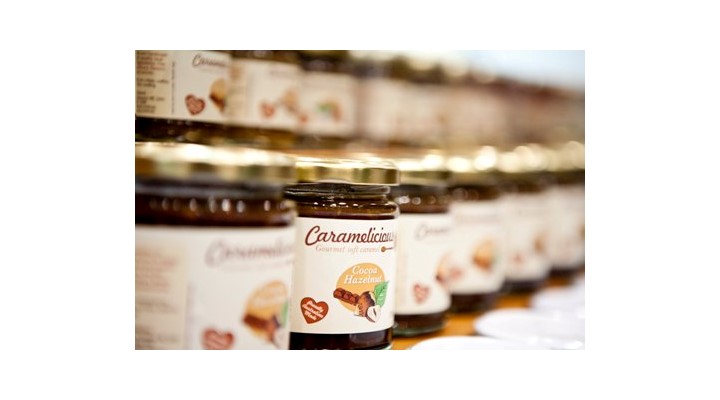
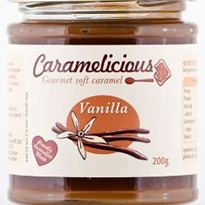


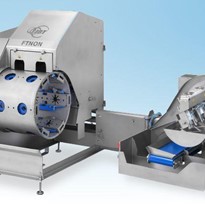


-205x205.jpg)
